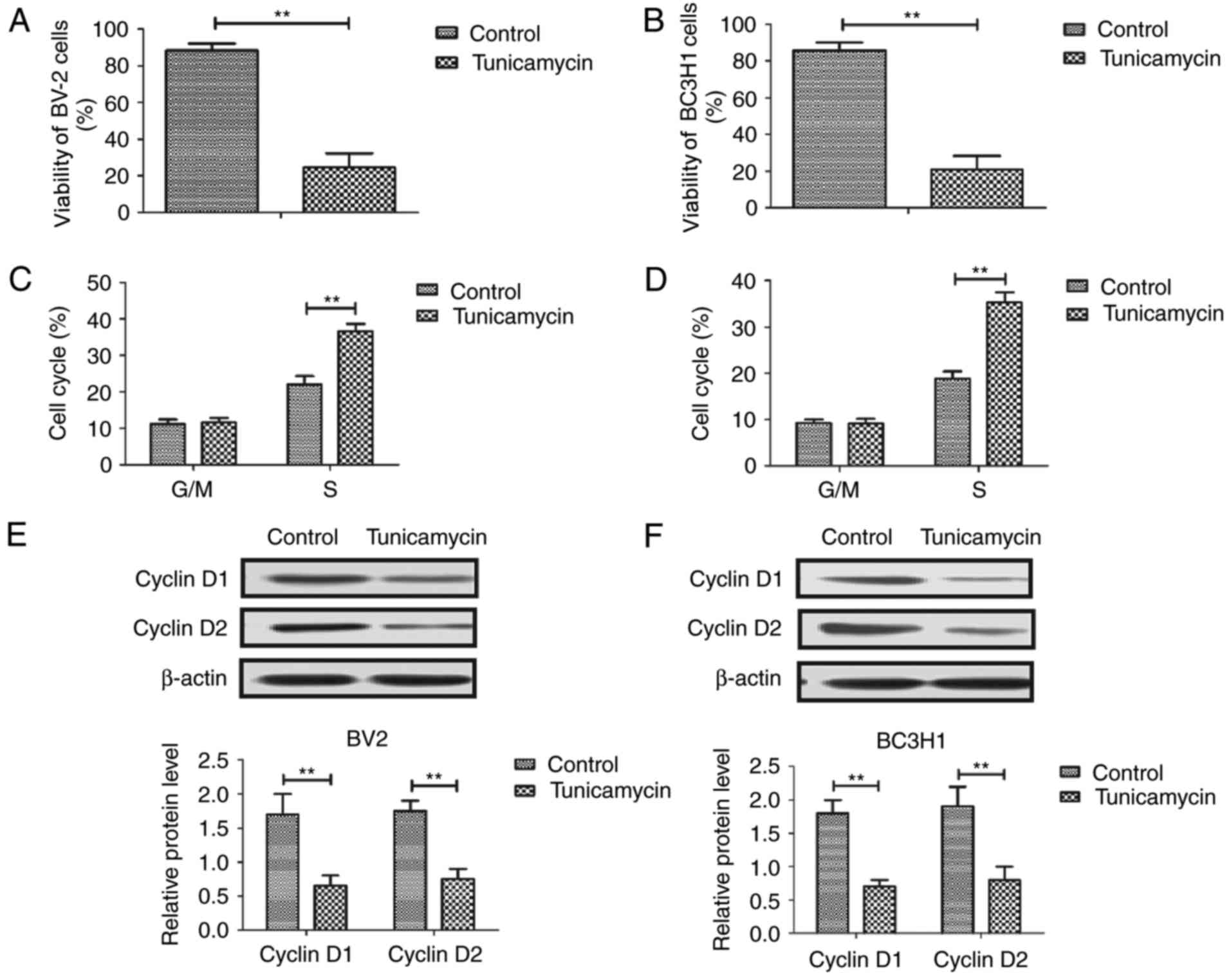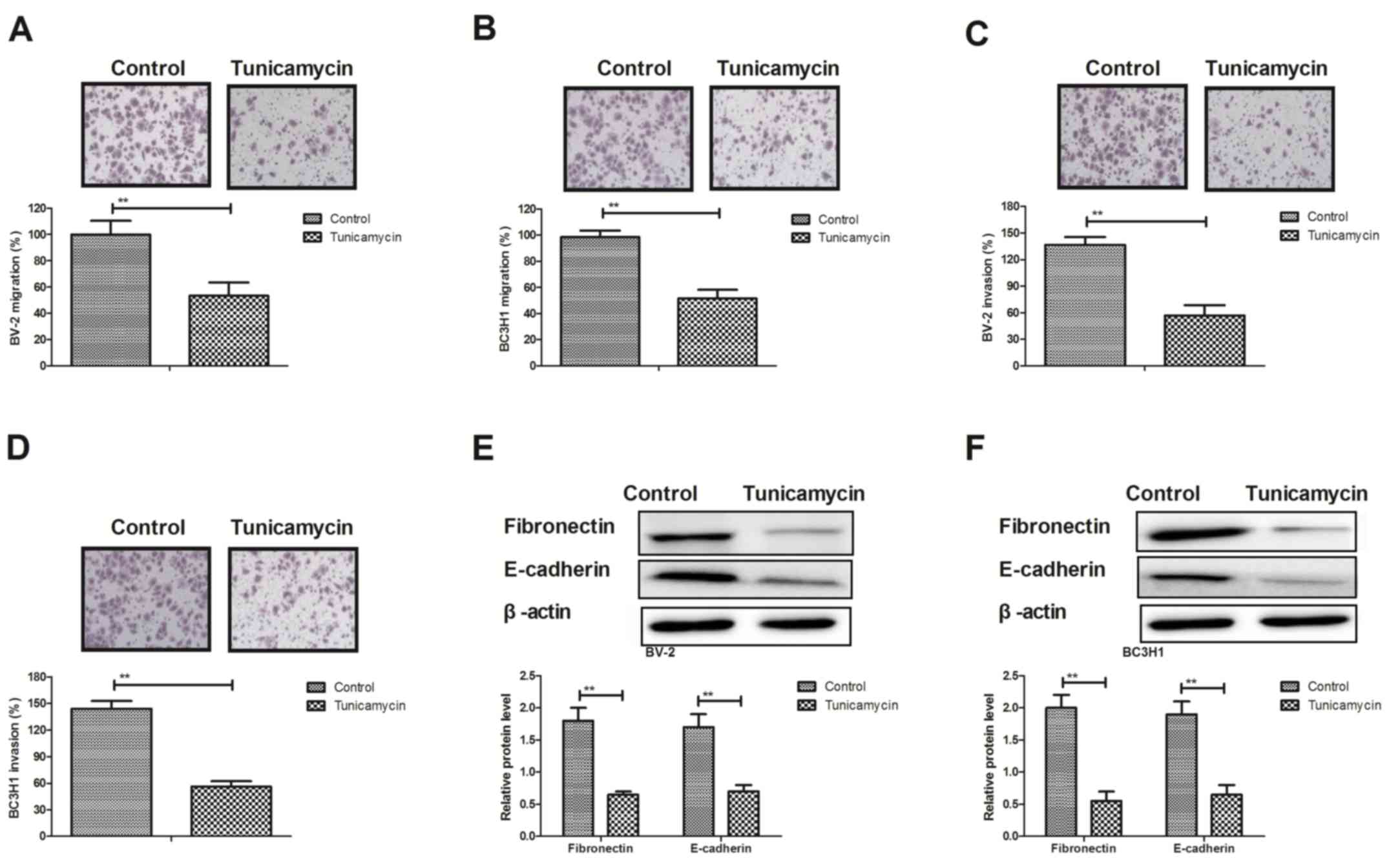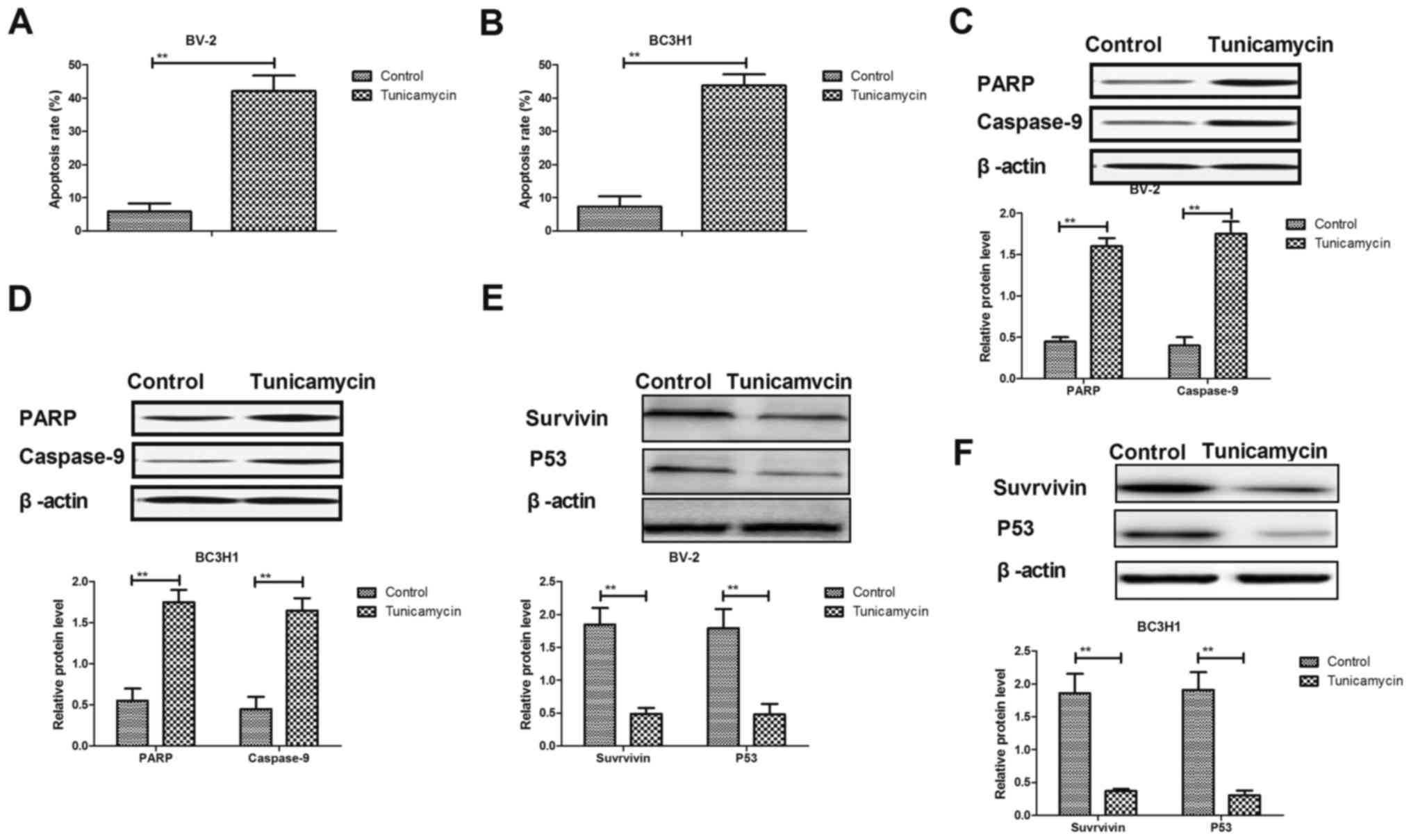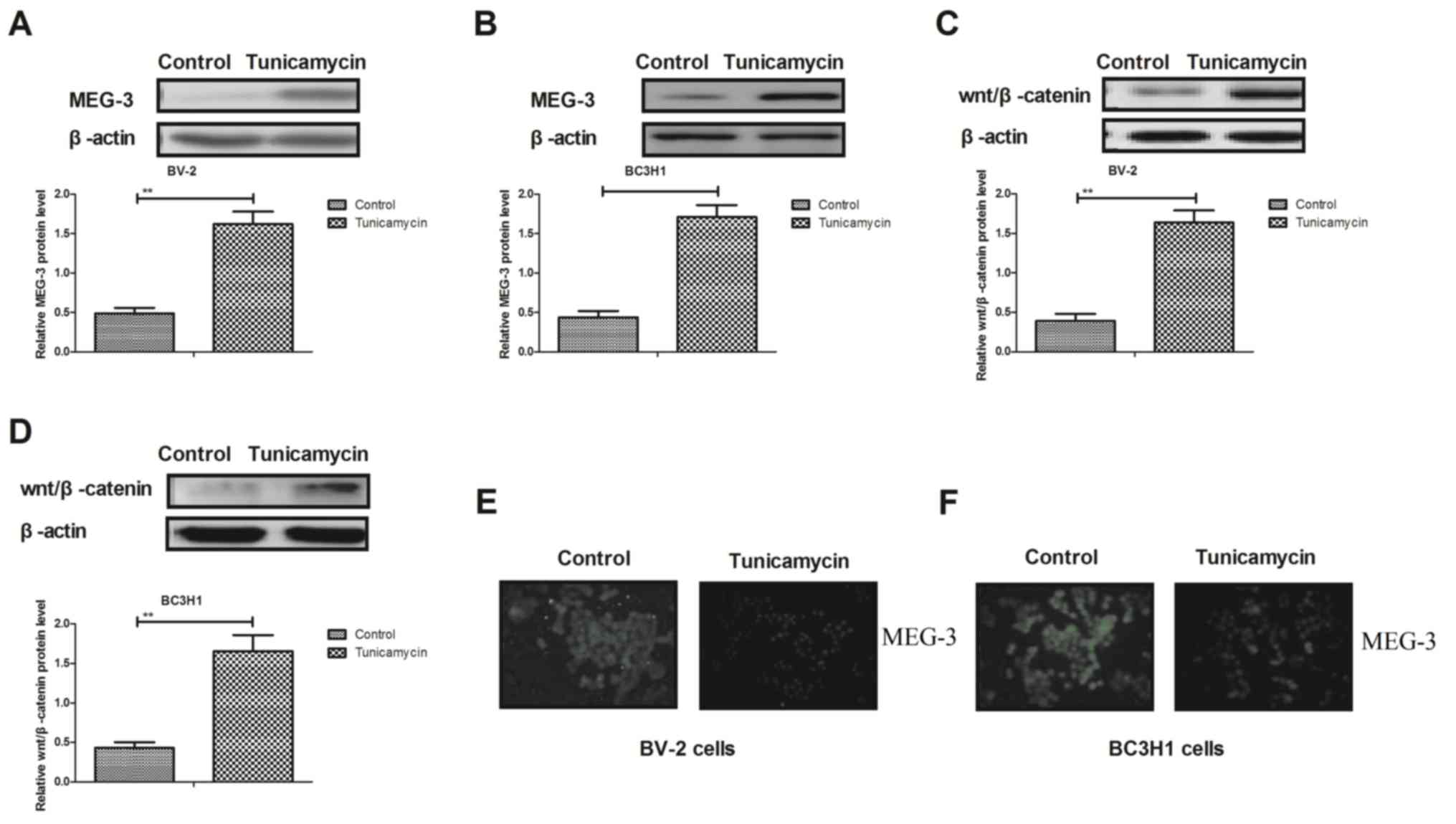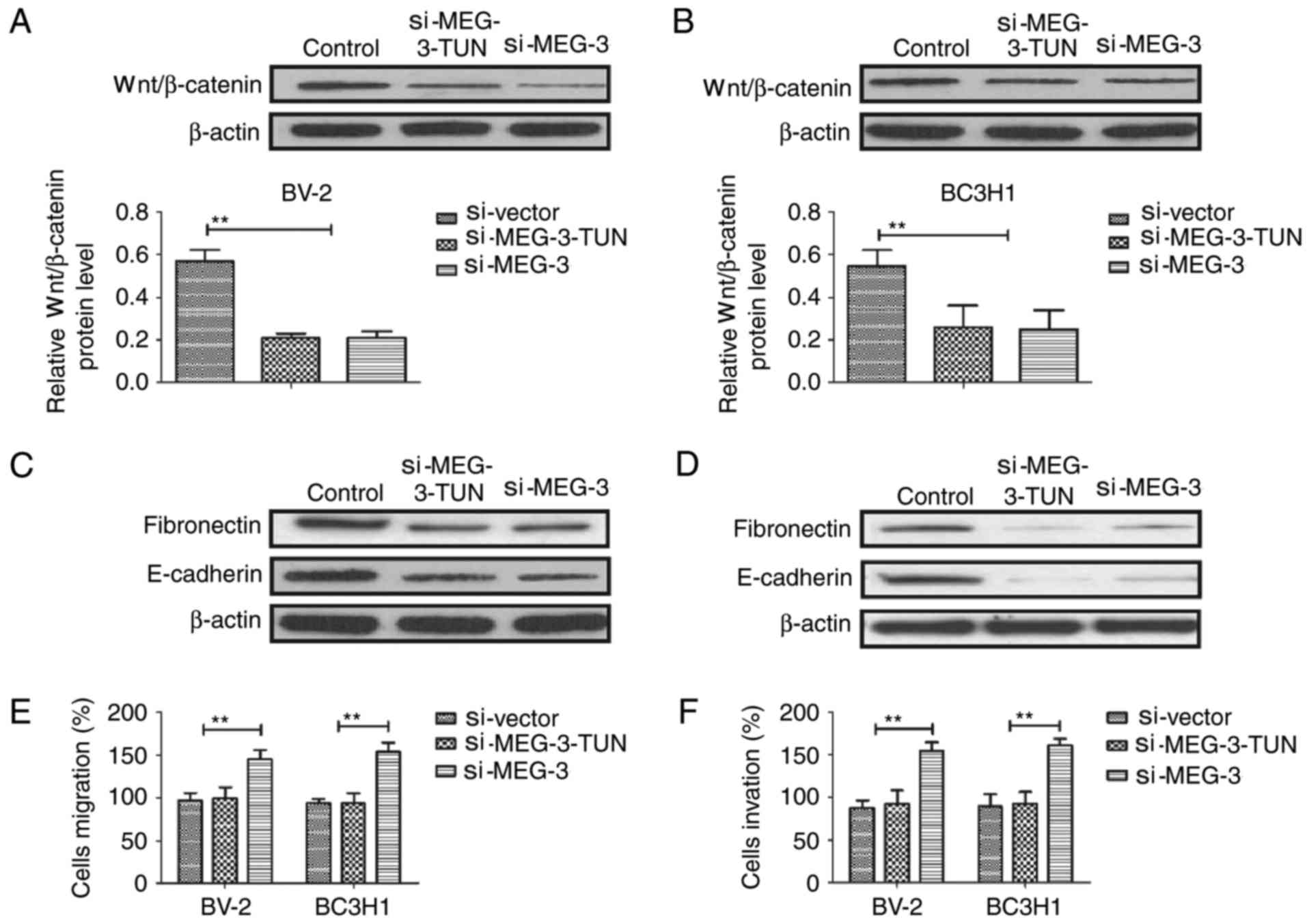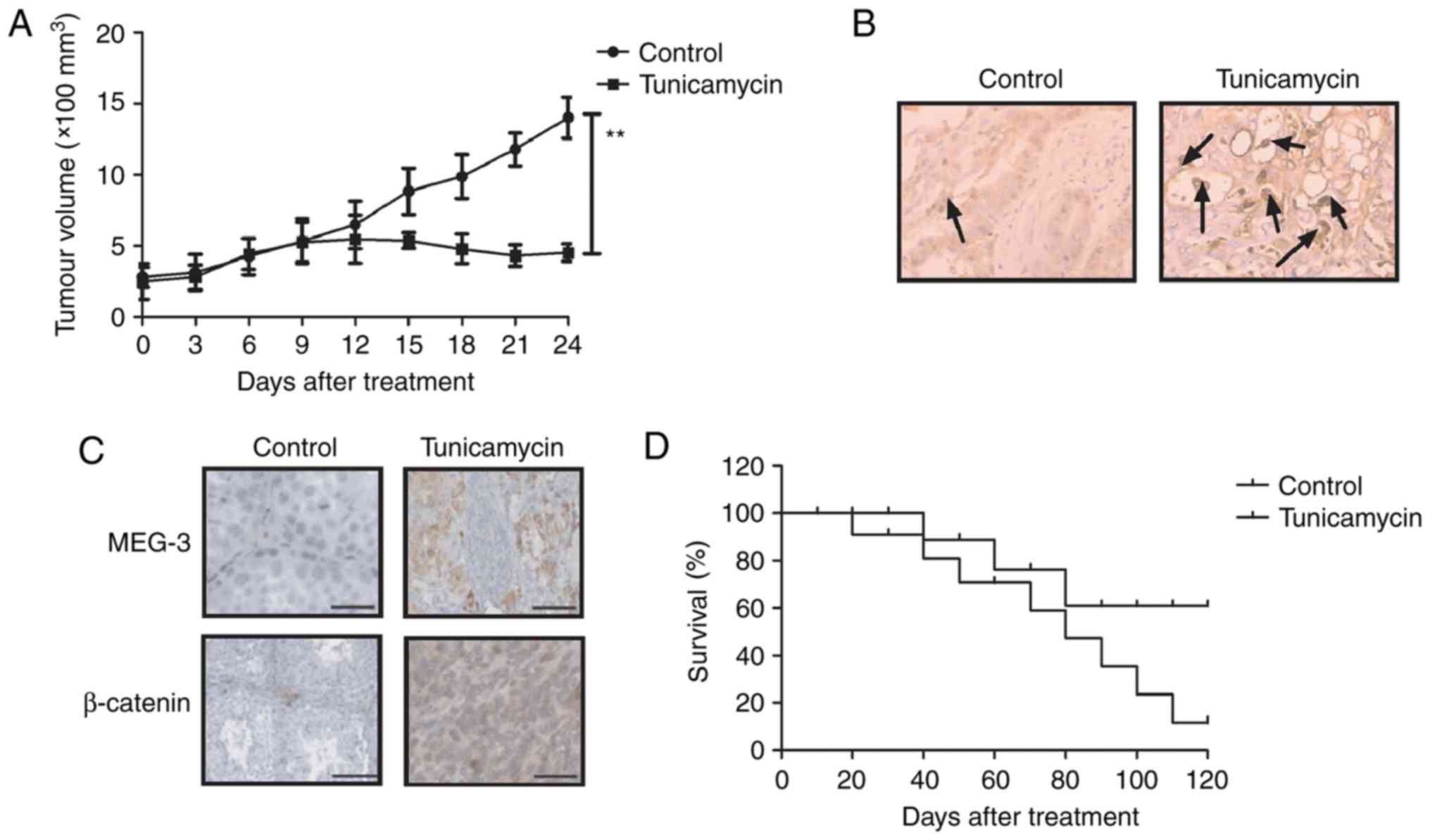|
1
|
Preusser M, Berghoff AS, Wick W and Weller
M: Clinical Neuropathology mini-review 6–2015: PD-L1: Emerging
biomarker in glioblastoma? Clin Neuropathol. 34:313–321. 2015.
View Article : Google Scholar : PubMed/NCBI
|
|
2
|
Nguyen HS, Doan N, Gelsomino M, Shabani S,
Mueller W and Zaidat OO: Coincidence of an anterior cerebral artery
aneurysm and a glioblastoma: Case report and review of literature.
Int Med Case Rep J. 8:295–299. 2015. View Article : Google Scholar : PubMed/NCBI
|
|
3
|
Wang K, Kievit FM, Jeon M, Silber JR,
Ellenbogen RG and Zhang M: Nanoparticle-mediated target delivery of
TRAIL as gene therapy for glioblastoma. Adv Healthc Mater.
4:2719–2726. 2015. View Article : Google Scholar : PubMed/NCBI
|
|
4
|
Hariri OR, Quadri SA, Farr S, Gupta R,
Bieber AJ, Dyurgerova A, Corsino C, Miulli D and Siddiqi J: Third
ventricular glioblastoma multiforme: Case report and literature
review. J Neurol Surg Rep. 76:e227–e232. 2015. View Article : Google Scholar : PubMed/NCBI
|
|
5
|
Goudar RK, Shi Q, Hjelmeland MD, Keir ST,
McLendon RE, Wikstrand CJ, Reese ED, Conrad CA, Traxler P, Lane HA,
et al: Combination therapy of inhibitors of epidermal growth factor
receptor/vascular endothelial growth factor receptor 2 (AEE788) and
the mammalian target of rapamycin (RAD001) offers improved
glioblastoma tumor growth inhibition. Mol Cancer Ther. 4:101–112.
2005.PubMed/NCBI
|
|
6
|
Delfino KR, Serao NV, Southey BR and
Rodriguez-Zas SL: Therapy-, gender- and race-specific microRNA
markers, target genes and networks related to glioblastoma
recurrence and survival. Cancer Genomics Proteomics. 8:173–183.
2011.PubMed/NCBI
|
|
7
|
Koekkoek JA, Postma TJ, Heimans JJ,
Reijneveld JC and Taphoorn MJ: Antiepileptic drug treatment in the
end-of-life phase of glioma patients: A feasibility study. Support
Care Cancer. 24:1633–1638. 2015. View Article : Google Scholar : PubMed/NCBI
|
|
8
|
Thuy MN, Kam JK, Lee GC, Tao PL, Ling DQ,
Cheng M, Goh SK, Papachristos AJ, Shukla L, Wall KL, et al: A novel
literature-based approach to identify genetic and molecular
predictors of survival in glioblastoma multiforme: Analysis of
14,678 patients using systematic review and meta-analytical tools.
J Clin Neurosci. 22:785–799. 2015. View Article : Google Scholar : PubMed/NCBI
|
|
9
|
Jiang CC, Chen LH, Gillespie S, Kiejda KA,
Mhaidat N, Wang YF, Thorne R, Zhang XD and Hersey P: Tunicamycin
sensitizes human melanoma cells to tumor necrosis factor-related
apoptosis-inducing ligand-induced apoptosis by up-regulation of
TRAIL-R2 via the unfolded protein response. Cancer Res.
67:5880–5888. 2007. View Article : Google Scholar : PubMed/NCBI
|
|
10
|
Shiraishi T, Yoshida T, Nakata S, Horinaka
M, Wakada M, Mizutani Y, Miki T and Sakai T: Tunicamycin enhances
tumor necrosis factor-related apoptosis-inducing ligand-induced
apoptosis in human prostate cancer cells. Cancer Res. 65:6364–6370.
2005. View Article : Google Scholar : PubMed/NCBI
|
|
11
|
Giordano E, Davalos A, Nicod N and Visioli
F: Hydroxytyrosol attenuates tunicamycin-induced endoplasmic
reticulum stress in human hepatocarcinoma cells. Mol Nutr Food Res.
58:954–962. 2014. View Article : Google Scholar : PubMed/NCBI
|
|
12
|
Carlisle RE, Brimble E, Werner KE, Cruz
GL, Ask K, Ingram AJ and Dickhout JG: 4-Phenylbutyrate inhibits
tunicamycin-induced acute kidney injury via CHOP/GADD153
repression. PLoS One. 9:e846632014. View Article : Google Scholar : PubMed/NCBI
|
|
13
|
Kim SH, Shin HY, Kim YS, Kang JG, Kim CS,
Ihm SH, Choi MG, Yoo HJ and Lee SJ: Tunicamycin induces paraptosis
potentiated by inhibition of BRAFV600E in FRO anaplastic thyroid
carcinoma cells. Anticancer Res. 34:4857–4868. 2014.PubMed/NCBI
|
|
14
|
Hasegawa A, Osuga Y, Hirota Y, Hamasaki K,
Kodama A, Harada M, Tajima T, Takemura Y, Hirata T, Yoshino O, et
al: Tunicamycin enhances the apoptosis induced by tumor necrosis
factor-related apoptosis-inducing ligand in endometriotic stromal
cells. Hum Reprod. 24:408–414. 2009. View Article : Google Scholar : PubMed/NCBI
|
|
15
|
Xing Y, Ge Y, Liu C, Zhang X, Jiang J and
Wei Y: ER stress inducer tunicamycin suppresses the self-renewal of
glioma-initiating cell partly through inhibiting Sox2 translation.
Oncotarget. 7:36395–36406. 2016. View Article : Google Scholar : PubMed/NCBI
|
|
16
|
Bai FL, Yu YH, Tian H, Ren GP, Wang H,
Zhou B, Han XH, Yu QZ and Li DS: Genetically engineered Newcastle
disease virus expressing interleukin-2 and TNF-related
apoptosis-inducing ligand for cancer therapy. Cancer Biol Ther.
15:1226–1238. 2014. View Article : Google Scholar : PubMed/NCBI
|
|
17
|
Suchorska B, Albert NL and Tonn JC:
Usefulness of PET imaging to guide treatment options in gliomas.
Curr Treat Options Neurol. 18:42016. View Article : Google Scholar : PubMed/NCBI
|
|
18
|
Broggini T, Wustner M, Harms C, Stange L,
Blaes J, Thomé C, Harms U, Mueller S, Weiler M, Wick W, et al:
NDRG1 overexpressing gliomas are characterized by reduced tumor
vascularization and resistance to antiangiogenic treatment. Cancer
Lett. 380:568–576. 2016. View Article : Google Scholar : PubMed/NCBI
|
|
19
|
Mesti T and Ocvirk J: Malignant gliomas:
Old and new systemic treatment approaches. Radiol Oncol.
50:129–138. 2016. View Article : Google Scholar : PubMed/NCBI
|
|
20
|
Kunz M, Nachbichler SB, Ertl L, Fesl G,
Egensperger R, Niyazi M, Schmid I, Tonn JC, Peraud A and Kreth FW:
Early treatment of complex located pediatric low-grade gliomas
using iodine-125 brachytherapy alone or in combination with
microsurgery. Cancer Med. 5:442–453. 2016. View Article : Google Scholar : PubMed/NCBI
|
|
21
|
Miyake H, Hara I, Arakawa S and Kamidono
S: Stress protein GRP78 prevents apoptosis induced by calcium
ionophore, ionomycin, but not by glycosylation inhibitor,
tunicamycin, in human prostate cancer cells. J Cell Biochem.
77:396–408. 2000. View Article : Google Scholar : PubMed/NCBI
|
|
22
|
von dem Knesebeck A, Felsberg J, Waha A,
Waha A, Hartmann W, Scheffler B, Glas M, Hammes J, Mikeska T, Yan
PS, et al: RANK (TNFRSF11A) is epigenetically
inactivated and induces apoptosis in gliomas. Neoplasia.
14:526–534. 2012. View Article : Google Scholar : PubMed/NCBI
|
|
23
|
Johnson GG, White MC and Grimaldi M:
Stressed to death: Targeting endoplasmic reticulum stress response
induced apoptosis in gliomas. Curr Pharm Des. 17:284–292. 2011.
View Article : Google Scholar : PubMed/NCBI
|
|
24
|
Kim JT, Kim JS, Ko KW, Kong DS, Kang CM,
Kim MH, Son MJ, Song HS, Shin HJ, Lee DS, et al: Metronomic
treatment of temozolomide inhibits tumor cell growth through
reduction of angiogenesis and augmentation of apoptosis in
orthotopic models of gliomas. Oncol Rep. 16:33–39. 2006.PubMed/NCBI
|
|
25
|
Davis MI, Pragani R, Fox JT, Shen M,
Parmar K, Gaudiano EF, Liu L, Tanega C, McGee L, Hall MD, et al:
Small molecule inhibition of the ubiquitin-specific protease USP2
accelerates cyclin D1 degradation and leads to cell cycle arrest in
colorectal cancer and mantle cell lymphoma models. J Biol Chem.
29:24628–24640. 2016. View Article : Google Scholar
|
|
26
|
Li J, Zhou D, Wang Z, Tan L, Zhou Y and
Sheng X: Reversal effect of 5-aza-2-deoxycytidine on the maternally
expressed gene 3 promoter hypermethylation and its inhibitory
effect on the proliferation of epithelial ovarian cancer cells.
Zhonghua Zhong Liu Za Zhi. 37:324–329. 2015.(In Chinese).
PubMed/NCBI
|
|
27
|
Yan-Hua L, Xiang-Lei L, Hong L and
Jian-Jun W: Long noncoding ribonucleic acids maternally expressed
gene 3 inhibits lung cancer tumor progression through
downregulation of MYC. Ind J Cancer. 52 Suppl 3:E190–E193. 2015.
View Article : Google Scholar
|
|
28
|
Lv D, Sun R, Yu Q and Zhang X: The long
non-coding RNA maternally expressed gene 3 activates p53 and is
downregulated in esophageal squamous cell cancer. Tumour Biol.
2016.(Epub ahead of print). View Article : Google Scholar
|
|
29
|
Sareddy GR, Challa S, Panigrahi M and Babu
PP: Wnt/β-catenin/Tcf signaling pathway activation in malignant
progression of rat gliomas induced by transplacental
N-ethyl-N-nitrosourea exposure. Neurochem Res.
34:1278–1288. 2009. View Article : Google Scholar : PubMed/NCBI
|
|
30
|
Abla AA, Turner JD and Sanai N: FoxM1 is
vital in the Wnt/β-catenin signaling pathogenesis of gliomas. World
Neurosurg. 77:594–596. 2012. View Article : Google Scholar : PubMed/NCBI
|
|
31
|
Wu W, Tian Y, Wan H, Song Y, Li J and
Zhang L: The expressions of Wnt/β-catenin pathway-related
components in brainstem gliomas. Can J Neurol Sc. 40:355–360. 2013.
View Article : Google Scholar
|
|
32
|
Lu P, Wang Y, Liu X, Wang H, Zhang X, Wang
K, Wang Q and Hu R: Malignant gliomas induce and exploit astrocytic
mesenchymal-like transition by activating canonical
Wnt/beta-catenin signaling. Med Oncol. 33:662016. View Article : Google Scholar : PubMed/NCBI
|















